1|5 THE FORUM FOR IMAGES
Interview with Isabella Palumbi and Alessandro Giraldi
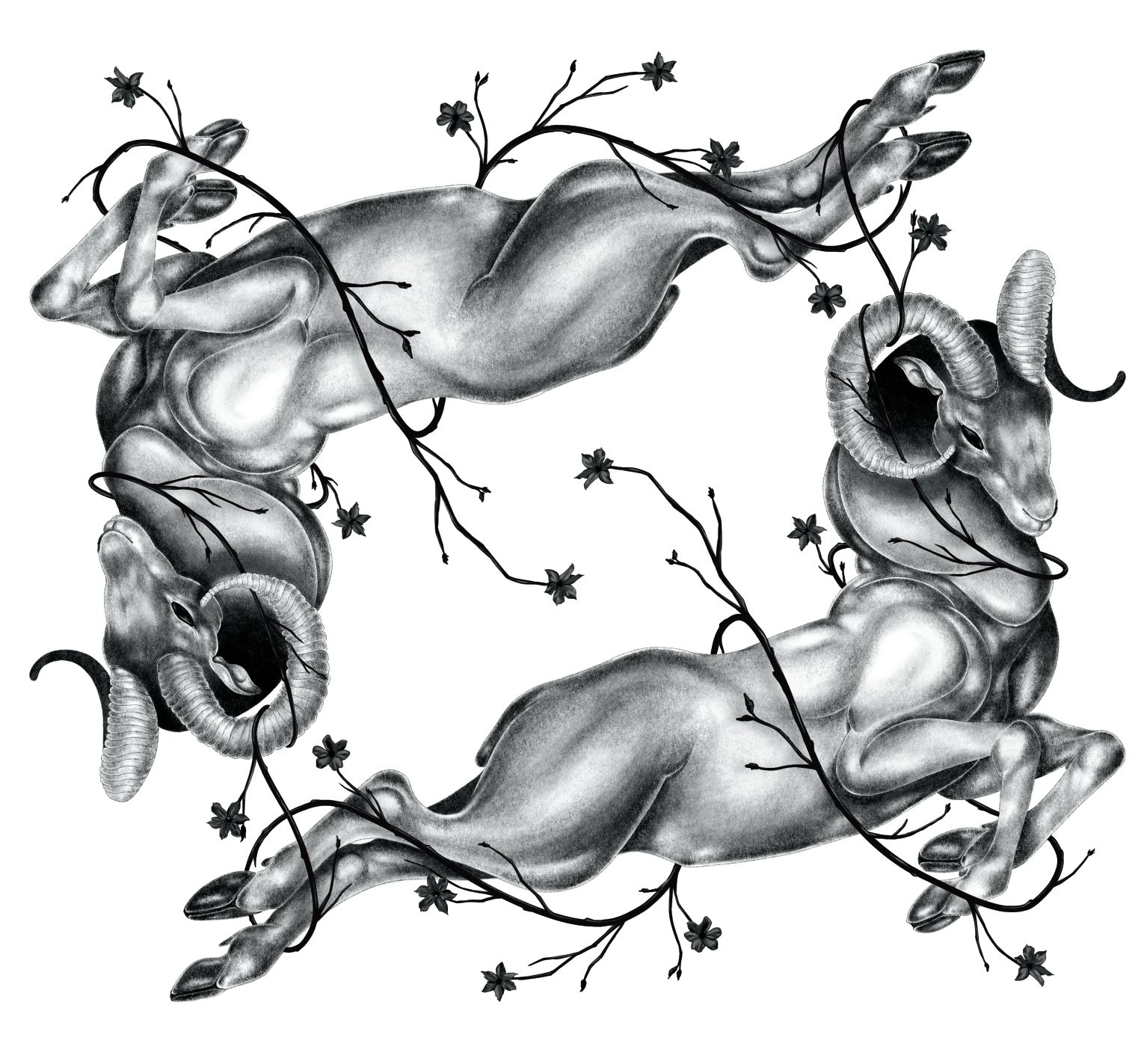
Do you know how to make a forum direct and inclusive?
IP - The HUB-C cultural organisation does! By creating a dialogue between spectators and speakers, it has broken down the boundaries in which we often feel confined at more typical conferences: the audience doesn’t listen in silence but becomes an integral part of the conversation. Provenance, age, gender and profession intertwine to generate collective growth.
AA - During ‘forum fra’ I had the opportunity to express myself through art, and initially I was terrified about people witnessing what I was creating but once I projected the drawings they became material for discussion. It provided a real connection point with others, giving voice to one’s thoughts and feelings in a different way.
How (re)known(ed) is Italian contemporary art abroad
IP - During the first report, which started with the fundamental question of the recognition of Italian contemporary art abroad, an idea came up that, in the eyes of a young artist like me, struck a chord: ‘We count for nothing’. And that’s right, we count for nothing.
But what are we talking about? Contemporary art, the art of today, the art of young artists often raised on bread and reminders that you cannot live on art. In the report this was strictly related to young Italian artists trying to make their way in a world that very often looks elsewhere and has its eyes set on the great Italian artists of the past, because that is what we always talk about when Italian art is mentioned, we talk about Leonardo, Michelangelo and Raphael, we talk about Da Vinci, Botticelli and Brunelleschi.
Anything that comes after 1900 is not even considered, let alone what is produced today. No contemporary artist will ever be able to measure up to the great artists of yesteryear. But why?
Because, first of all, the conception of art in Italy has remained stuck in centuries past and hasn’t taken a single step forward; all the while artists travel miles and miles every single day.
So what is left? Insecurity, fear and uncertainty. But what else? Are we just scared at the idea of a world that might not understand what we are and what we do? No. We are also destruction and discovery. We are the revolution. Because great artists are not the ones of the past; we are the ones who can break the system in order to make our art grow.
AA - In the first session we talked about how known Italian contemporary art is abroad, and we also discussed how to boost its popularity. During the discussion I could hear the voices of several generations who, in trying to communicate with each other, set out the main points for Italian contemporary art to receive the notoriety it deserves, both economically and artistically. But the problem lies at the root, for Italian art to be taken seriously abroad, it must first of all take itself seriously. In Italy contemporary art is not fully appreciated (or rather, it would be fair to say ‘understood’) because of a futile attachment to the older art that has acted as the backbone leading us to what we are today. But in the face of all this, and in the knowledge that we have had such an important, magnificent and fascinating influence in the past, knowing that it runs through all our veins... how can one not have faith in young artists and their innovations? Moreover, with the arrival of global connections (the internet and any other form of information sharing), new artists are influenced by so many other cultures, allowing them to be understood in the rest of the world, bringing their cultures together, with an Italian foundation at the base of it all. The problem is therefore to believe in all this. To have faith. I myself did not go to art college (at secondary school level(. Let’s be clear, no one in my family has ever hindered me from creative processes or developments, I have never been denied the opportunity to undertake studies in the artistic field, but I have always denied myself the opportunity to go to art college because of what I constantly heard around me, from everyone: ‘But if you go to art college then what are you going to do? Oh so you’re a good-for-nothing who’ll end up under a bridge’, and faced with that, I don’t think I need to add anything else.



Art as territorial investment
IP - In the second report, the subject covered was the territorial investment in art. Alongside the speakers (art critics, journalists, curators, sociologists) a young girl was present as a guest, a colleague of mine, a person who spoke my language and really knew what it meant to be there, sitting together with the big brains. Her involvement in the report had been dictated by the fact that she had expressed her fears and apprehensions regarding the future: “when I think about the future, I get anxious”.
At that moment I thought that maybe she was the person who most deserved to sit in those padded chairs, I would have liked to know about all her anxieties, because I was sure they would be mine too. The ticking clock, the economy that often works against us, artists or not, kids, students, children. Yet, I couldn’t hear her.
I couldn’t hear her because it is easy to talk over young people, even if they are the subject being talked about, even when we are talking about issues that concern their future, their lives.
Should we call this cultural heritage?
What goes on in the mind of an adult, an art, economics or politics bigwig, when a young man speaks?
I cannot answer this question and speculating doesn’t lead to results; but why not ask them directly? Why not create a forum that focuses on young people where young people are the ones talking? Let’s invert the roles, the young artists are the speakers leading and sustaining the conversation and the guests are the big figures on the Italian economic, political and arts scene.
Let’s turn the world upside down, let’s ask the right questions to the right people, we have destroyed and rebuilt, yes, but it is not enough.
AA - As for the second session the young voices expressed their fear of an uncertain future and how imminent it might be: “The future is frightening, it begins tomorrow...or even in 5 minutes”, while the adult voices made speeches that only looked at the economic aspect. And although the intention was to encourage the use of art as a territorial investment, the entire discussion placed art in the background, passing it off as a mere vehicle from which one can profit. Needless to say, the economic issue was unfortunately the prevalent one, especially given the ratio of young people to adults present at the meeting, the latter overpowering the voice of the younger generation who, alas, only had the chance to express themselves briefly, in the first few minutes of the session.
Against small towns. The Belpaese that forgets its hamlets
IP - When I read the title of this report, I was reminded of my grandmother’s stories, of how when she talked about Italy she always called it the Belpaese (meaning the ‘beautiful country’). She used to tell me that Italy was called that because of its art, history, culture and even climate. She would tell me about this perfect place, this paradise on earth recognised by countries all over the world; the stories were always in the past tense, and I wondered why, what had changed.
When did Italy stop being the Belpaese?
When it started to forget about its small towns, its hamlets or borghi. I have always loved Italian borghi, I find them fascinating and poetic, but it must be because I have never lived there.
A colleague also expressed her fears: “I come from a small town, and if you don’t leave immediately, you become imprisoned”.
The report revolved around the phenomenon of escaping from Italy, for economic reasons but also due to the problematic situation that has arisen as a result of decades of scant cultural growth, and, in my opinion, also due to the emotional sensitivity that this country loses a little more every day. Like everyone else I fantasised about where to escape when I was still in secondary school. I felt I had no voice and space here, and I also found myself stuck here. You continue your studies, you start working, relationships become convoluted and leaving is increasingly difficult. I dream of a world where I don’t wish to go to a place where my voice is heard, I dream of a world where my country listens to what I have to say, where growth and change are not synonymous with cultural decay, but with acclaim and upskilling.
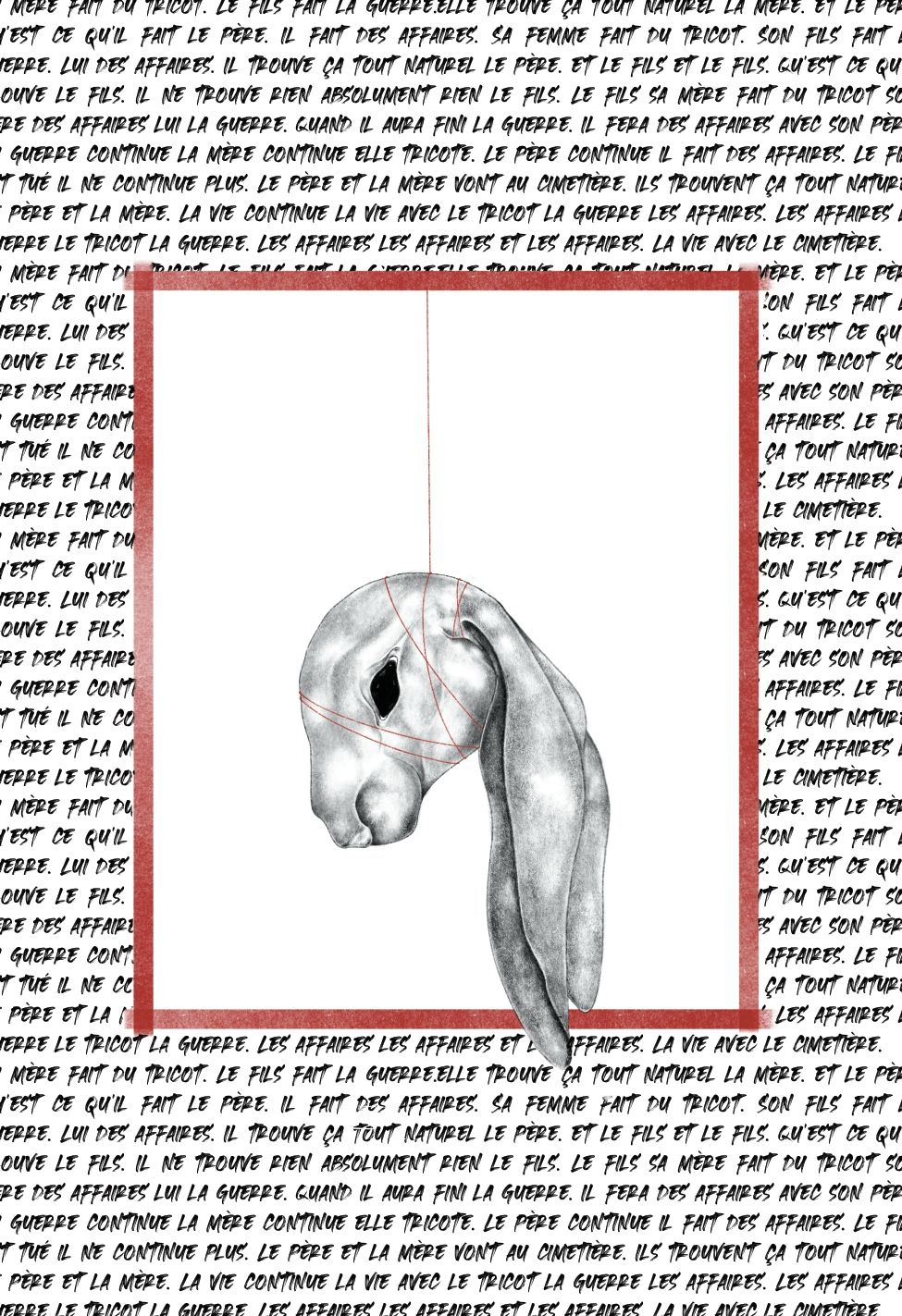
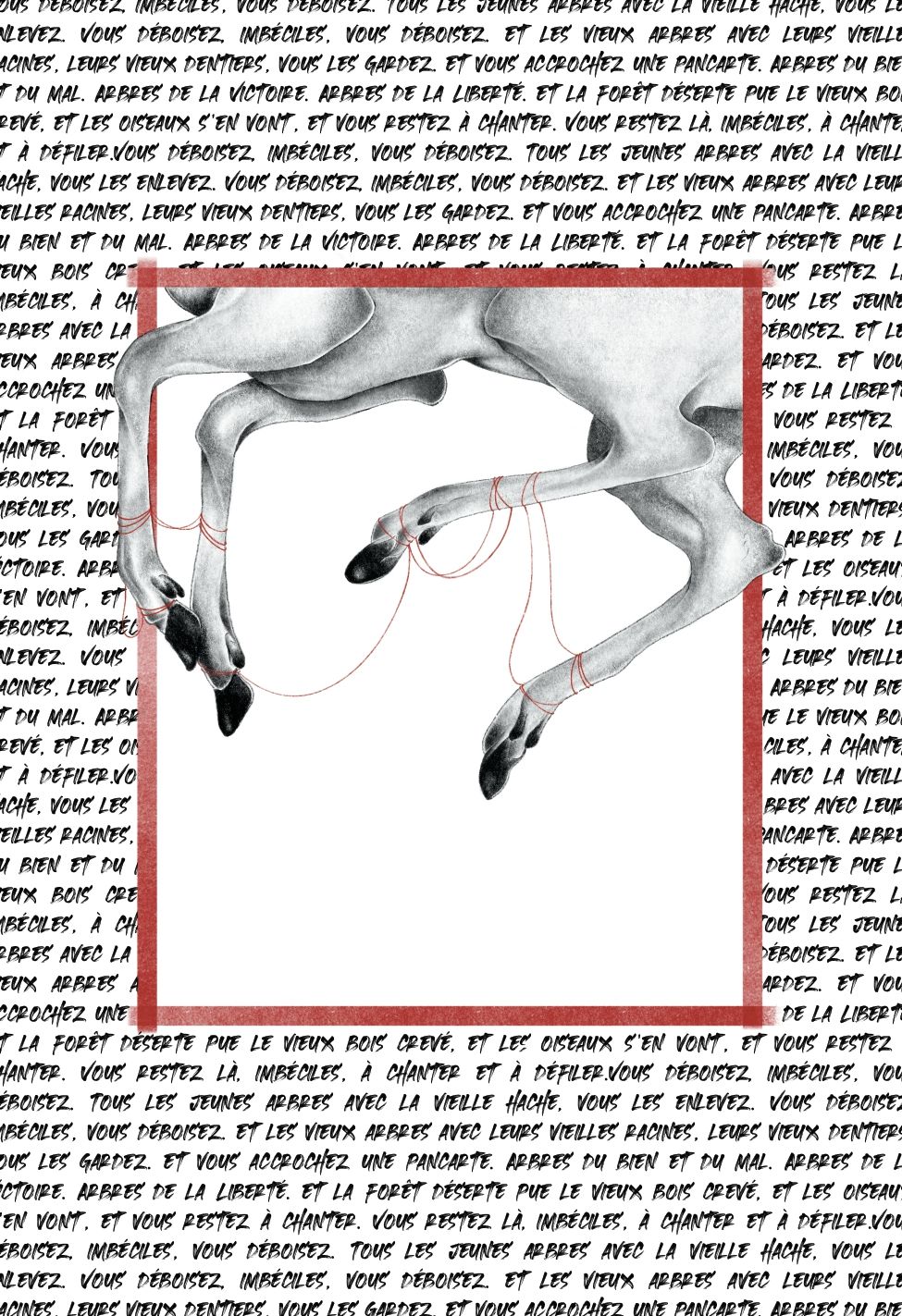
AA - “Anchors and dreams”, the young residents of small towns and villages have felt ever more forgotten. These dreamers are anchored to the ground because of the scarce opportunities offered by the forgotten places around them. The opportunities offered by their geographic circumstances are meagre as these small towns also don’t have much to offer on an economic/commercial level. However, these places have much to give on a cultural level, and thanks to their influence on the young people who live there, if the right means are available they can be preserved in time. So how can one avoid young people fleeing, not only from remote villages, but also from Italy itself? In fact, it isn’t just a question of moving up north within Italy, but of a real exodus from the bel paese. Unfortunately, this country is too anchored to the solid foundations on which it rose to have a vision of confidence in a future that thrives on change and innovation. That is why, perhaps, it cannot move forward. Personally, I have never had the desire to leave our beautiful country. It may be a question of character, or radical and emotional elements that have always lived inside me, but the wonder of the Italian experience has always made me feel wrapped in a sweet embrace, and this is enough for me to say that Italy is, and will always be, my home.
Neomutualism: redesigning competitiveness and welfare from below
IP/AA - Fourth report, political and socio-technological complexities and social transformations. During this session the speakers proposes a new point of view on a utopian/ transformative concept, a collective awareness on the redevelopment of the past by projecting it into the future. But what does mutualism mean and how does it fit into the social economy? Biologically speaking mutualism refers to the concept of relationships, competition and cooperation between species that mutually benefit from living together since they are unable to survive alone. In a society that encourages connections but weakens ties, the speakers introduced a new level of analysis and activity rebuilt by the current crisis juxtaposing traditional forms of value creation: public redistribution, market exchanges and reciprocity relations. In the wake of this new outlook, the idea that most captured our attention is that of cooperation and non-toxic competitiveness, which led us down a road we could travel together. The dynamic relationship of equality, reciprocity and bilateralism has given rise to collaboration in the creative and immaterial sphere, where the work becomes incomplete in the absence of the other, reconnecting, like an endlessly regenerating uroboros, to the biological value. The outcome of this collaboration conveys the report visibly and tangibly to the spectators present at the event, thus giving them the opportunity to reflect from a different perspective, through our eyes, the eyes of the future.
Doing the festival rounds
IP - The fifth report, a general mapping of Italy’s 350 festivals gifted to us by the speakers and guests present at the event, brings us to the end of the forum. Taking a journey through literature, art, economics, but also cinema, music and the environment, we travelled through metropolises and small towns, identifying a new type of tourism.
The tourism of popular culture, festivals and folklore that encourages people to forge new bonds and new human relationships.
I performed an irreparable gesture, I established a bond
Referring back to the phrase by Jorge Luis Borges, as well as the slogan for the entire event, a bond is nothing more than a step, an action that triggers an infinite series of events, a magical operation that generates interconnections of a cultural but also, and above all, of an emotional nature.
AA - At the end of the FRA a topic was discussed that included looking at the forum itself. Namely the importance of festivals and how much they can communicate and bring to those who visit them was analysed. The building of relationships in these festivals is implicit and creeps up on us. Once we immerse ourselves in these events, it is inevitable that they become part of us. Culture, encounters, art, little traditions, these are realities that exist and it is right that they should be heard. Thanks to the FRA it was gratifying to be heard.
So FRA managed to create connections?
IP - Future, Reason and Art. The three pillars of the forum, the guests, the speakers, the audience and the artists. The three pillars of a generational conversation that led to a cultural, economic, social but also territorial interweaving told by major and minor voices. I am a small voice, and now, I finally feel heard.
AA - When it was time to talk about our drawings, it was not just a matter of holding a microphone. It was about glances, smiles and people paying attention as we tried to display our creations, hoping that we could communicate something we could not say by speaking, something that went beyond words. Thank you FRA forum for turning my voice into a connection.
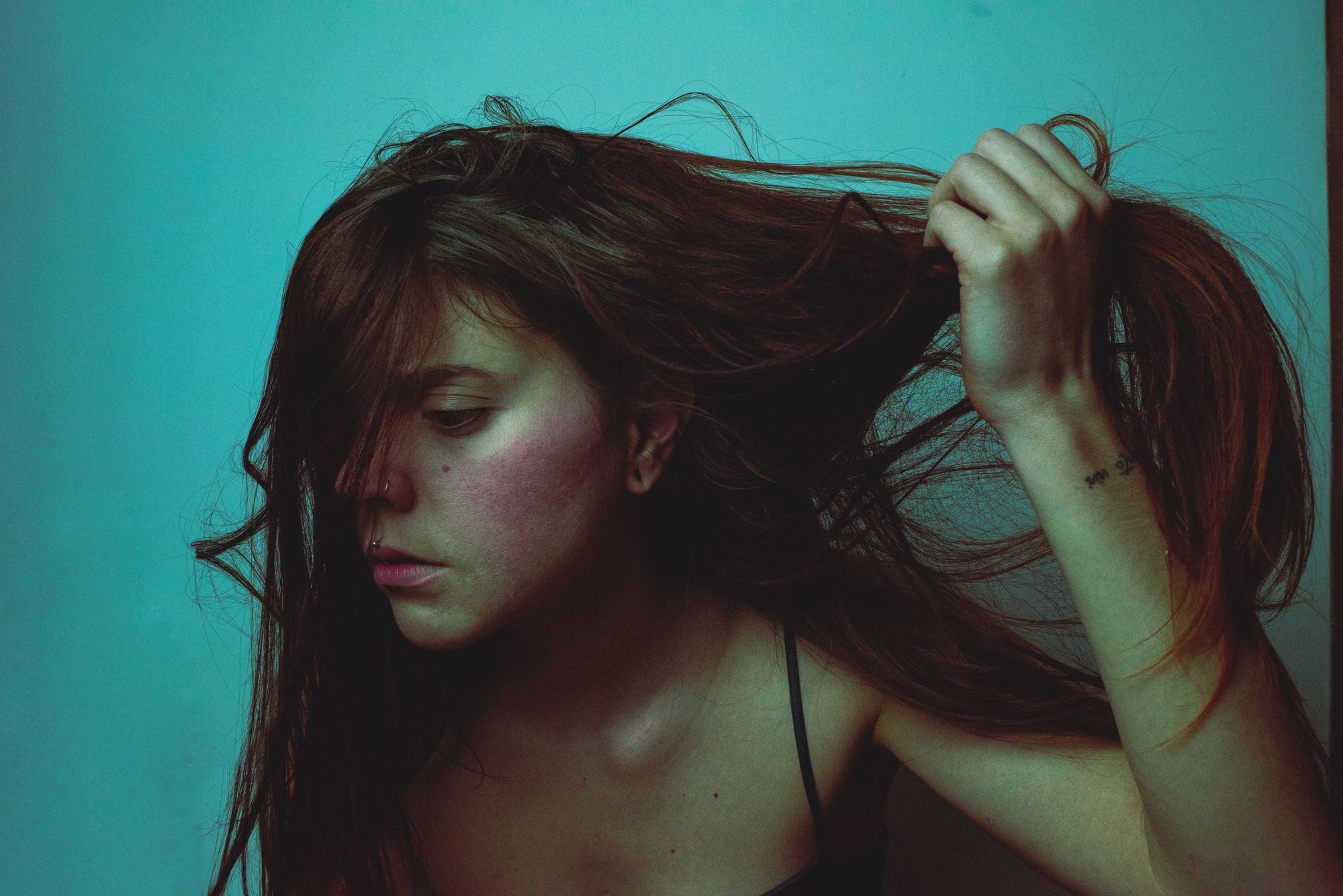
Isabella Palumbi is a graphic designer born in Pescara who tries to make her way in the world through digital art that allows her, day by day, to express not only her feelings, but also topical issues such as mental health. Through drawings and illustrations, she carries out inner research reflecting on the everyday life that surrounds her.
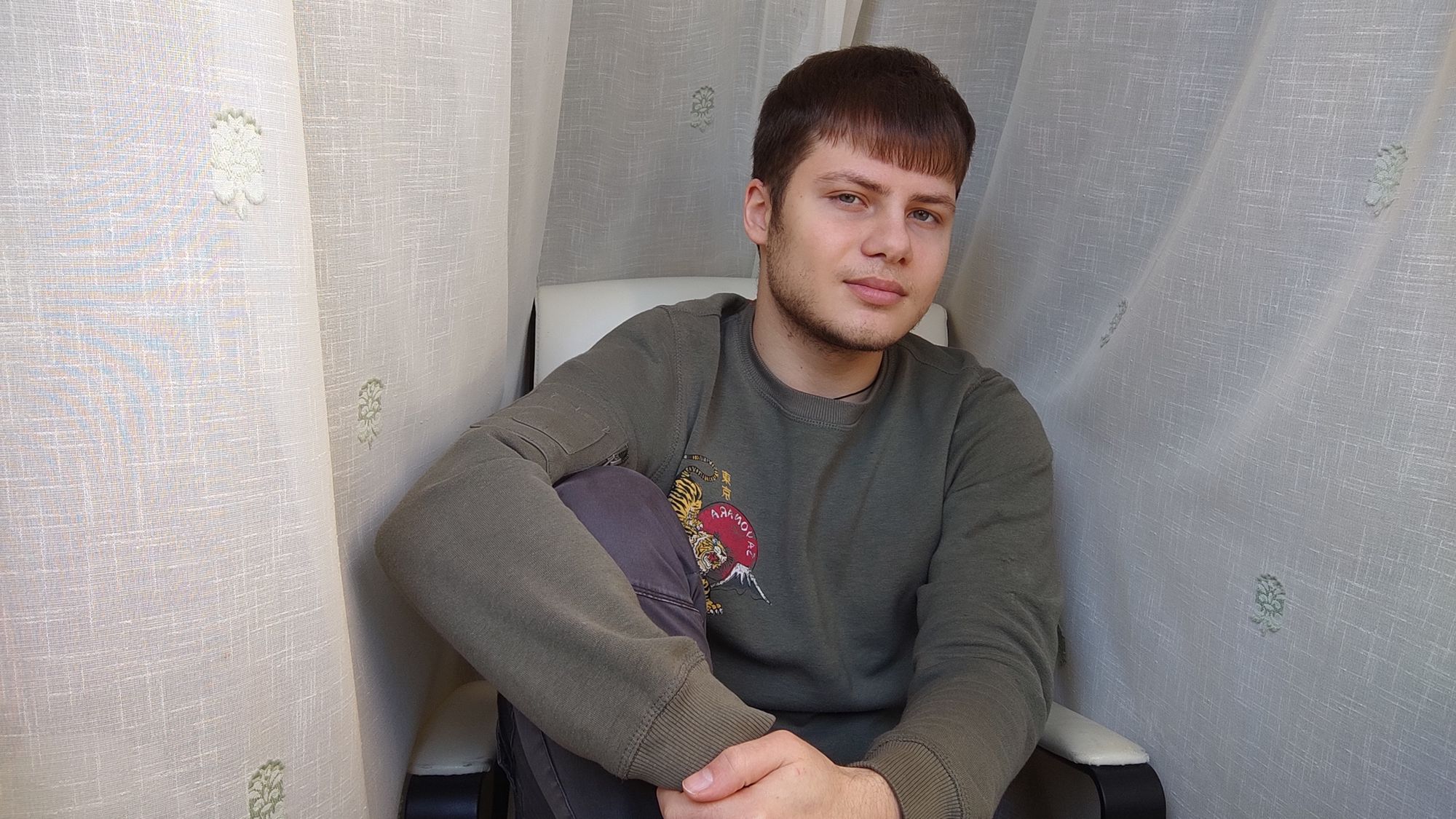
Alessandro Giraldi is a young student who has always suppressed his artistic passions because they were considered futile and inconclusive by his social surround. Through his illustrations, he wants to portray beauty in its purest and most naive form, and how the latter can easily be desecrated and eroded.
